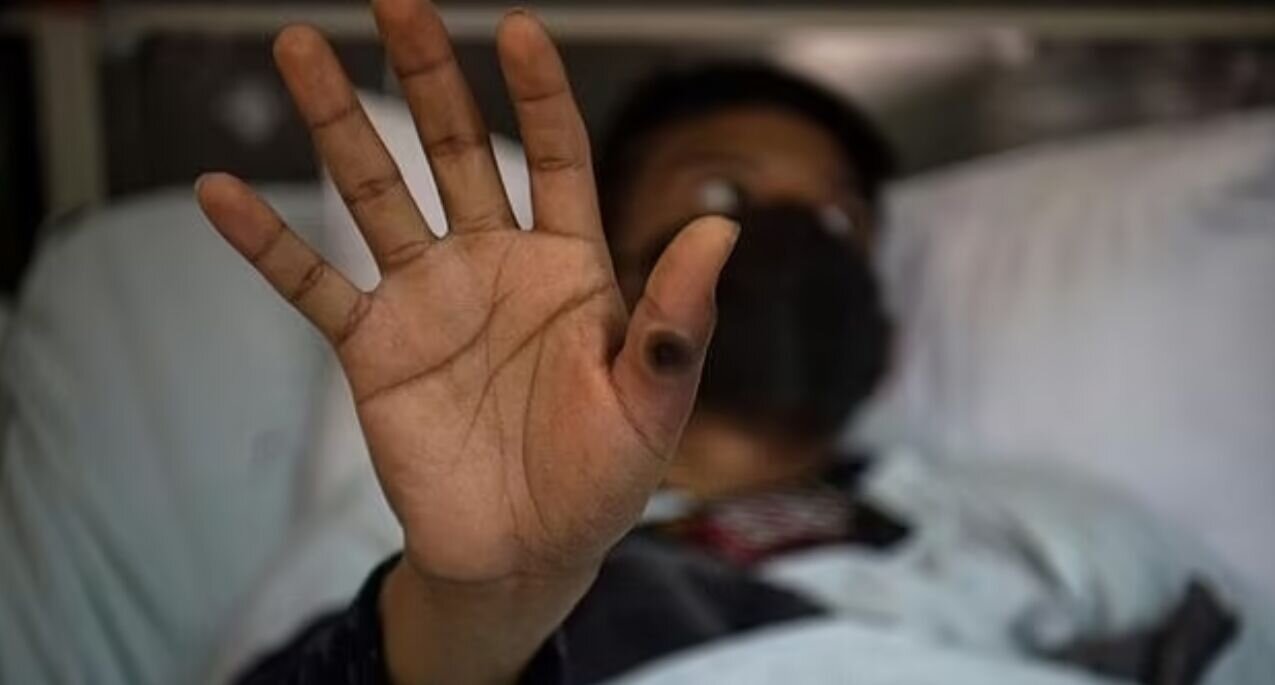No evidence of mpox reported in Iran
No evidence of mpox reported in Iran
TEHRAN – There are no reports of monkey-pox (mpox) in the country, an official with the health ministry has announced.

Mpox is an infectious disease caused by the mpox virus. It can cause a painful rash, enlarged lymph nodes, and fever. Most people fully recover, but some get very sick.
Following the report of confirmed cases of monkey-pox in Pakistan, medical teams at health stations are told to screen travelers entering the country from eastern and western borders for monkey-pox symptoms, as well, IRNA quoted Babak Eshrati as saying.
Referring to the previous wave of the disease, which was about two years ago, he said only one case of monkey-pox had been reported, which was related to a patient who had traveled to the country.
Mpox initial symptoms include fever, muscle aches, and sore throat. The mpox rash begins on the face and spreads over the body, extending to the palms of the hands and soles of the feet, and evolves over 2-4 weeks in stages – macules, papules, vesicles, pustules.
People with mpox are infectious and can pass the disease on to others until all sores have healed and a new layer of skin has formed.
Children, pregnant people, and people with weak immune systems are at risk for complications from mpox.
The best way to prevent the spread of monkey pox to others is to isolate the patients. It is very important to separate patients, especially when skin lesions appear on the body because the disease is most likely to be transmitted at this stage, Eshrati highlighted.
The official also suggested Arbaeen pilgrims observe personal hygiene practices, wash their hands thoroughly with soap and water, or alcohol-based hand sanitizer, and avoid close contact with people who have mentioned symptoms.
Global, coordinated response needed
A coordinated response at the global level is needed to avoid scattered and contradictory decisions in addressing mpox, halt the outbreak of the disease, and save human lives, Farshid Rezaei, an official with the health ministry, announced on August 16.
Following the outbreak of monkeypox in the African continent, the World Health Organization (WHO) has declared a public health emergency of international concern, ISNA reported.
WHO Director-General, Tedros Adhanom Ghebreyesus, announced on Wednesday, August 14, that according to the International Health Regulations (2005), the surge in monkeypox cases in the Democratic Republic of Congo and an increasing number of African countries constitutes a public health Emergency of International Importance (PHEIC).
The declaration was made based on the recommendation of the emergency committee of international health regulations composed of independent experts.
The committee declared that the increase in cases of monkeypox is an emergency situation with the potential to spread further in African countries and possibly beyond the continent.
WHO Regional Director for Africa, Matshidiso Moeti, said, “Significant efforts are already underway in close collaboration with communities and governments, with our country teams working on the frontlines to help reinforce measures to curb mpox.
With the growing spread of the virus, we’re scaling up further through coordinated international action to support countries bring the outbreaks to an end.”
The current increase in monkey-pox in some parts of Africa, along with the spread of a new strain of monkey-pox virus which is sexually transmitted, is an emergency not only for Africa but for the whole world.
Surveys show that the monkeypox mortality rate this year is higher compared to the fatality rate due to the disease last year.
More than 156,000 cases of monkey-pox have been reported so far this year, of which 537 people lost their lives.
The monkeypox virus was discovered in Denmark (1958) in monkeys kept for research and the first reported human case of mpox was a nine-month-old boy in the Democratic Republic of the Congo (DRC, 1970).
Mpox can spread from person to person or occasionally from animals to people. A global outbreak occurred in 2022–2023.
MT/MG
source: tehrantimes.com